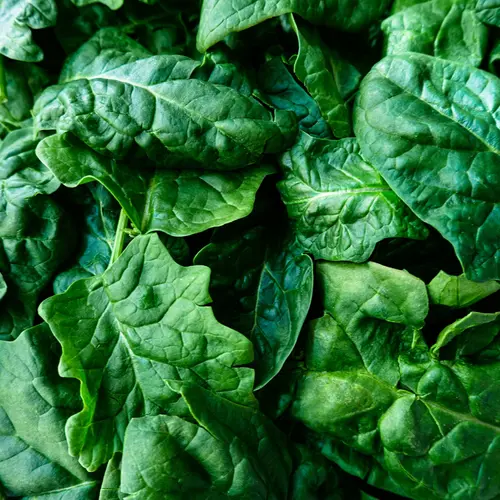Once the weather starts to warm up, there’s nothing better than firing up the grill. Before you get ready for your next barbecue, make sure that you brush up on these grilling safety tips. Although grills are a common household fixture, they can increase the risk of house fire or injury.
Getting Started
It’s estimated that about 70% of American households have grills and barbecues. Like cooking in the kitchen, grilling requires your full attention to make sure that there isn’t any risk of fire or injury. Grill fires are typically caused by:
- Leaving the grill unattended
- Flammable objects being too close to the grill
- Grill malfunction
Grilling is a healthy way to prepare your food, but having a grill or barbecue comes with safety concerns. Here are some safety tips for grilling to help you get started.
1. Placement. Grills and barbecues are only meant to be used outside, so you should never have one inside your home. Your grill should be placed in an open area, like a deck or a patio, at least 10 feet away from objects like siding, eaves, brush, and leaves.
Grills should only be used on the first floors of buildings with decks, patios, or porches. Set them up on even ground at ground level. For safety reasons, grills and barbecues should never be placed on fire escapes.
2. Create a safe zone. Barbecues are usually a time for the whole family, so make sure that everyone stays safe. Create a safe zone around the grill with a 3-meter radius. Keep this area free from children and pets to ensure they don’t distract you or get too close to the heat.
3.Clean your grill. Starting off with a clean grill is important. If it’s the first time in a while that you’re using your grill, clean it well with a grill brush to get rid of any grease residue. Grease and fat are flammable, so removing them from the start can lower the chances of creating a flare once the grill is on.
Using Your Grill
Once you’ve gotten your grill set up properly, you’re ready to start cooking.
4. Check for problems. When it comes to grill safety, you should always check your equipment for gas leaks before you begin. If you’re using a gas grill, you need to check the hose and connections. To do this, mix some soap and water together. Rub the solution over the connections and hose, and then flip on the gas. If bubbles start to form around the connections, you have a gas leak.
5. Start with the lid open. You should never turn on the gas with the lid of your grill closed. If you turn on the gas with the lid closed, the propane inside can build up by the time you light the grill, causing the flames to flare up.
If you’re using a charcoal grill, don’t add lighter fluid after the grill is lit. An important grilling safety tip is to only use lighter fluid as you’re preparing the charcoal to avoid flares.
6. Cooking your food. When you’re ready to cook your food, don’t add too much food to your grill at one time. Use the space and make sure everything is spread out. If you add too much at once, you run the risk of starting a grease fire.
If you’re using a charcoal or gas grill, use a cooking thermometer to make sure that your food is cooked completely. These kinds of grills can have an inconsistent temperature, so your food may look more cooked than it really is. To avoid any kind of food illness, you can check your food’s core temperature with a thermometer.
One of the most important things to remember when it comes to grill safety is to never leave it unattended while cooking. Always keep an eye on your grill.
Maintaining Your Grill
When you’re done using your grill, you will need to maintain it properly for future use.
7. Shut down safely. After you’re done cooking, turn off the grill and shut off the propane supply. If you have a charcoal grill, close the air vents. Wait 48 hours for them to cool off. After that, you can dispose of them by putting them in a metal container with a close-fitting lid.
8. Clean it up. After the grill has cooled down, remove any grease or fat with a brush. Cleaning your grill after each use can help maintain your grill and lower the risk of a grease fire.
9. Storage. If you store your grill, make sure all controls are off and that the propane valve is closed. Make sure that any propane tanks are placed upright when they aren’t in use.
Perform maintenance checks on your grill twice a year. Check for any signs of rust or gas leaks in addition to cleaning.

